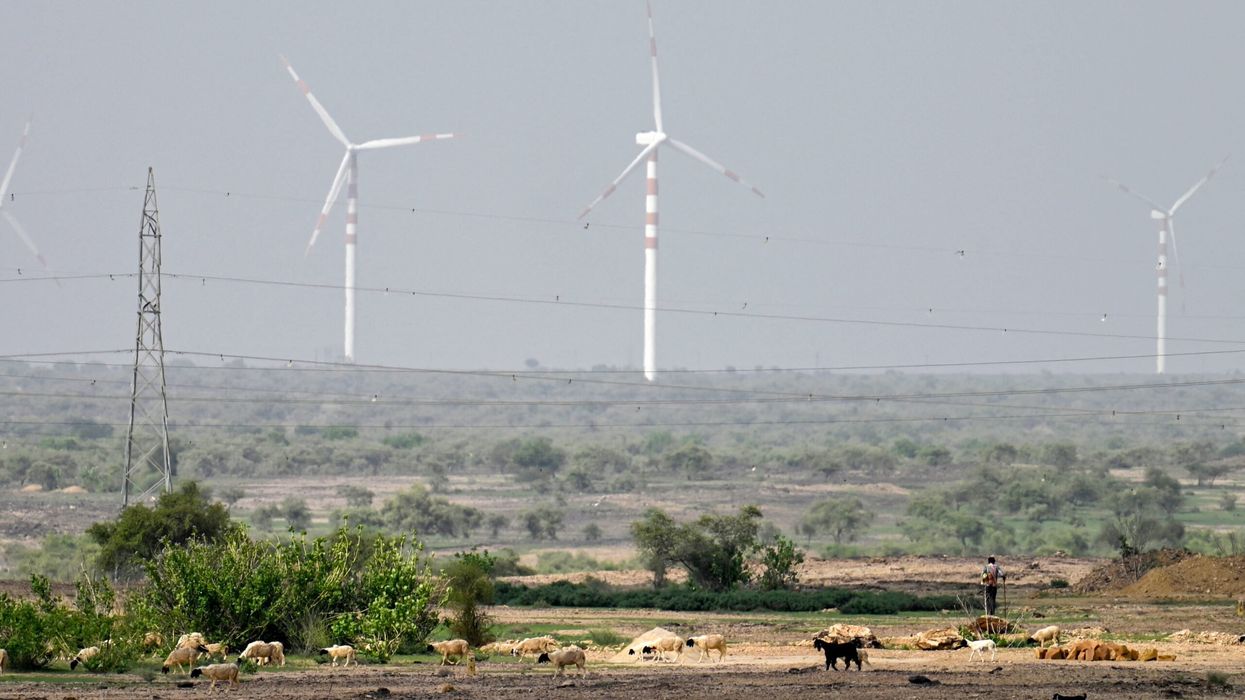THE US and India have shown the most progress among G20 nations in implementing climate policies since the 2016 Paris Agreement, according to a Climate Action Tracker report commissioned by The Guardian.
The G20 nations collectively are on track to reduce CO2 emissions by 6.9 gigatons by 2030 due to policies supporting renewable energy and phasing out high-polluting power plants.
While this progress avoids 0.9 degrees Celsius of warming compared to 2015 projections, it still falls short of the Paris Agreement goal of limiting global warming to 1.5 degrees Celsius to 2 degrees Celsius above preindustrial levels.
The report credits US initiatives, particularly the Inflation Reduction Act under President Joe Biden, for leading projected reductions of 2 gigatons by 2030. India ranks second with 1.4 gigatons, followed by the EU and UK at 1.1 gigatons. However, concerns loom over potential setbacks with Donald Trump’s return to power in January. Trump has previously threatened to withdraw the US from the Paris Agreement and may roll back renewable energy incentives.
Analysts warn this could discourage other countries from accelerating their energy transitions or providing climate finance to developing nations. "If the US permanently walks away from net-zero commitments, global temperature projections could increase significantly," said Leonardo Nascimento, an analyst at Climate Action Tracker.
The report highlights challenges within the Cop negotiation process, citing host nations with ties to fossil fuel industries as a key issue. Recent Cops in Egypt (Cop27), the UAE (Cop28), and Azerbaijan (Cop29) have faced criticism for insufficient progress.
China, the world’s largest emitter, has invested heavily in renewables and may meet some climate targets six years early. Smaller nations and large emerging economies are also making notable strides. Despite progress, Climate Action Tracker warns current policies put the world on track for a 2.7 degrees Celsius temperature rise by 2100, with analysts urging countries to scale up efforts.
Nascimento stated, “The pace of improvement is simply not enough. Countries need to substantially scale up efforts to meet the 1.5 degrees Celsius goal.”




